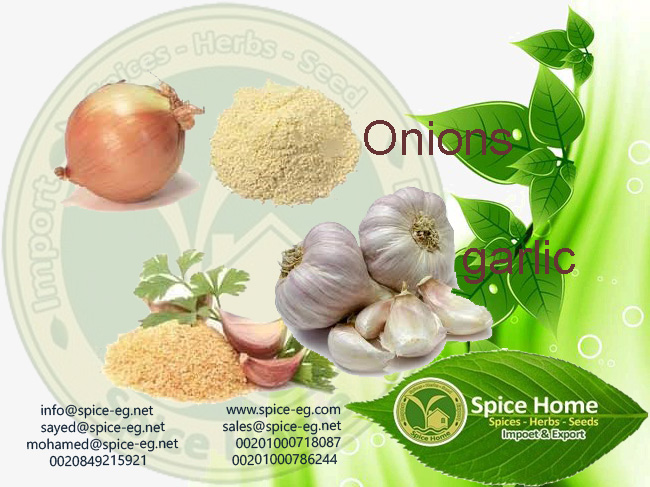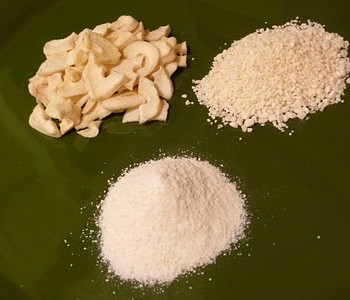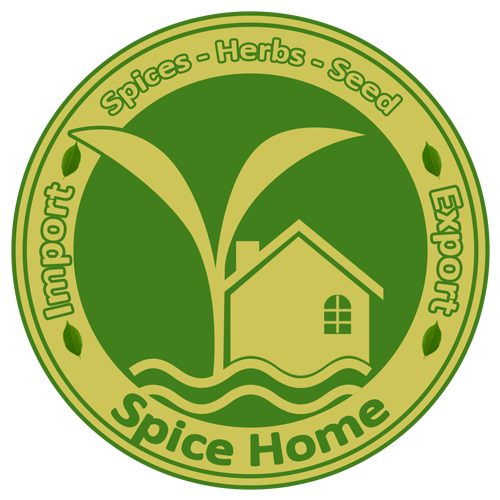
Alilum sativum
Garlic
| Botanical Name: | Allium sativum |
| Available Form: | Garlic |
| Season: | Available all the Year |
| Packing: | In Polypropylene bag, weight depend upon form type |
Garlic benefits
Garlic benefits
Garlic
Overview:
Garlic has been used as both food and medicine in many cultures for thousands of years, dating back to when the Egyptian pyramids were built. In early 18th-century France, gravediggers drank crushed garlic in wine believing it would protect them from the plague that killed many people in Europe. During both World Wars I and II, soldiers were given garlic to prevent gangrene. Today garlic is used to help prevent heart disease, including atherosclerosis or hardening of the arteries (plaque buildup in the arteries that can block the flow of blood and may lead to heart attack or stroke), high cholesterol, high blood pressure, and to boost the immune system. Garlic may also help protect against cancer.
Garlic is rich in antioxidants, which help destroy free radicals -- particles that can damage cell membranes and DNA, and may contribute to the aging process as well as the development of a number of conditions, including heart disease and cancer. Antioxidants neutralize free radicals and may reduce or even help prevent some of the damage they cause over time.
The conditions for which garlic is showing the most promise include:
Heart disease
Some evidence suggests that garlic may help prevent heart disease. It may slow down atherosclerosis (hardening of the arteries) and lower blood pressure slightly, between 7% and 8%. Most of the studies on high blood pressure have used a specific formulation called Kwai. One study that lasted 4 years found that people who took 900 mg daily of standardized garlic powder slowed the development of atherosclerosis. Garlic also seems to be an anticoagulant, meaning it acts as a blood-thinner, which may help prevent heart attacks and strokes.
Earlier studies found that garlic lowered high cholesterol, but more recent studies that are high quality have found no effect.
Common cold
Some early evidence suggests garlic may help prevent colds. In one study, people took either garlic supplements or placebo for 12 weeks during "cold season" between November and February. Those who took garlic had fewer colds than those who took placebo. Plus, when they did get a cold, the people taking garlic saw their symptoms go away faster than those who took placebo.
Cancer
Garlic may strengthen the immune system, helping the body fight diseases such as cancer. In test tubes, garlic seems to have anti-cancer activity. And population studies -- ones that follow groups of people over time -- suggest that people who eat more raw or cooked garlic are less likely to develop certain types of cancer, particularly colon and stomach cancers. In fact, researchers who reviewed 7 studies found a 30% reduction in risk of colorectal cancer among people who ate a lot of raw or cooked garlic. Garlic supplements don't seem to have the same effect.
A large-scale study, called the Iowa Women's Health Study, looked at how much garlic, fruit, and vegetables were in the diets of 41,000 middle-aged women. Results showed that women who regularly ate garlic, fruits, and vegetables had a 35% lower risk of developing colon cancer.
Garlic may help the immune system function better during times of need such as in cancer. In a study of 50 people with inoperable colorectal, liver, or pancreatic cancer, immune activity improved after they took aged garlic extract for 6 months.
Other uses
In test tubes, garlic kills roundworms, Ascaris lumbricoides, which is the most common type of intestinal parasite. But it hasn't been tested in humans, so researchers don't know if it works in people.
Several studies report that a garlic gel, applied to the skin, may treat ringworm, jock itch, and athlete's foot.


